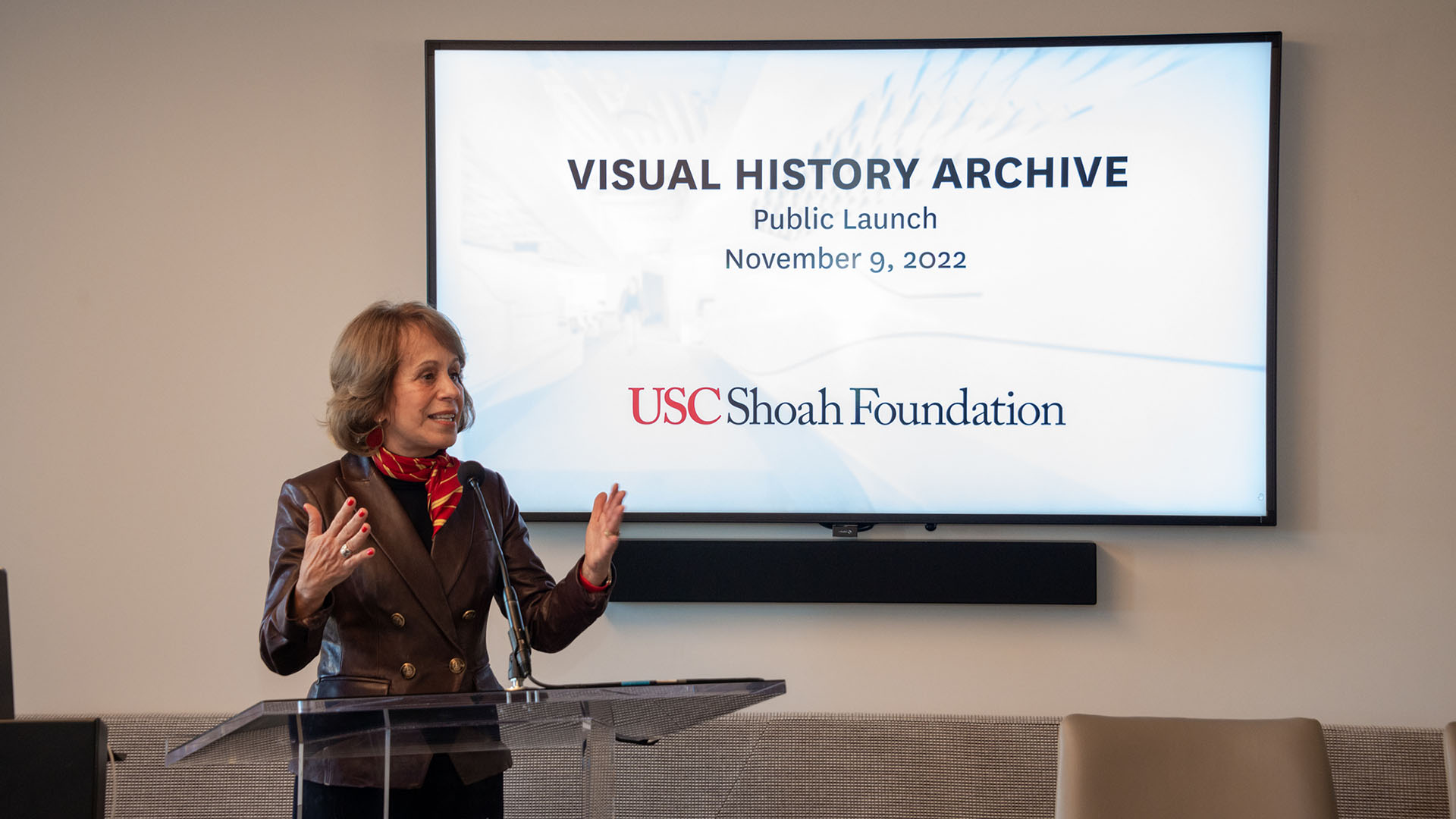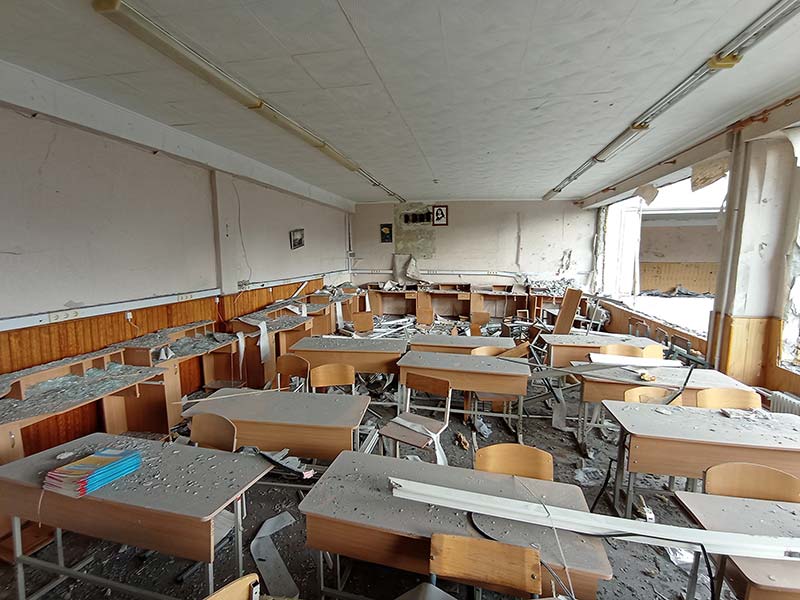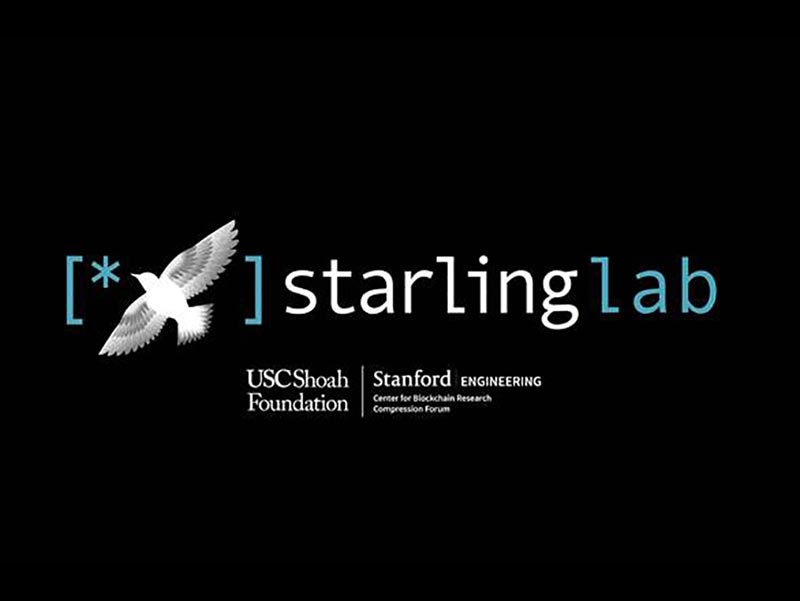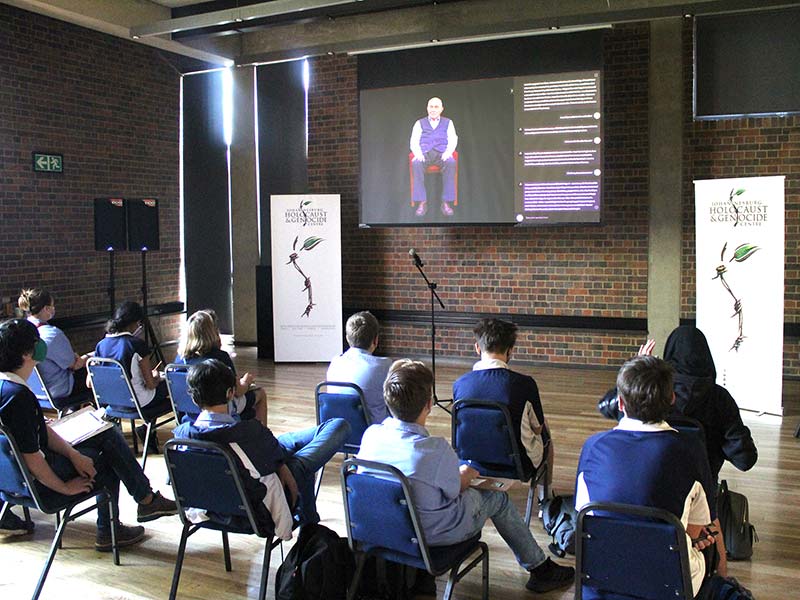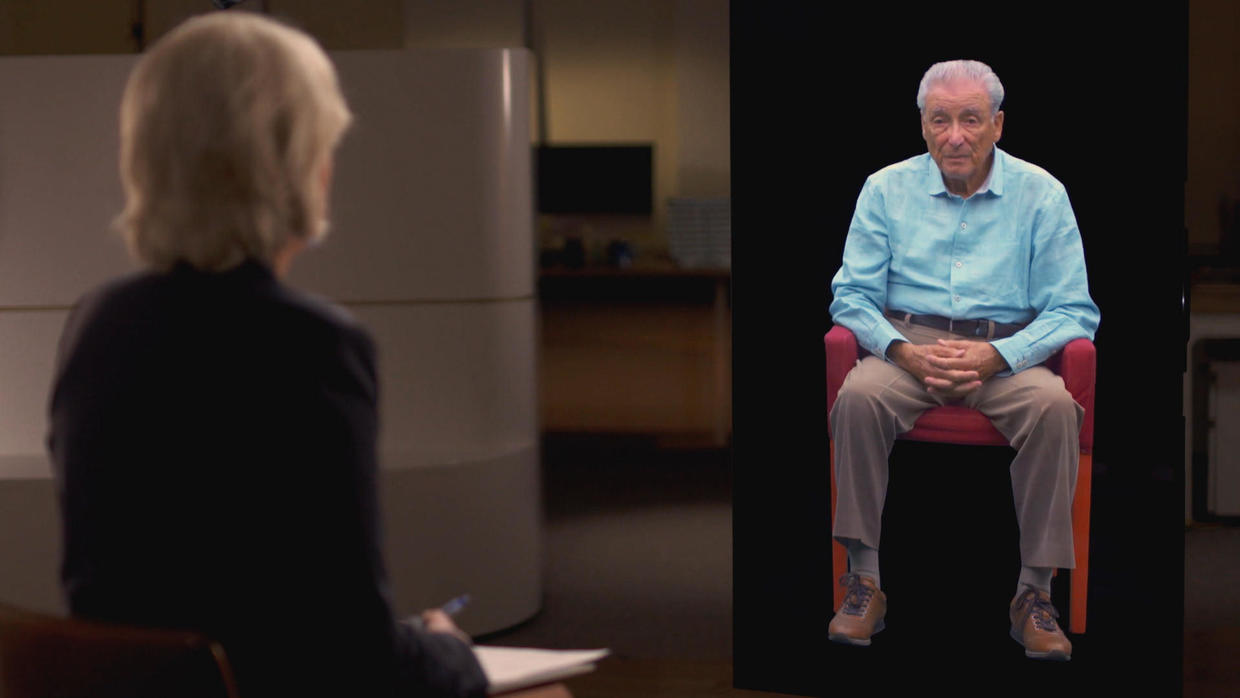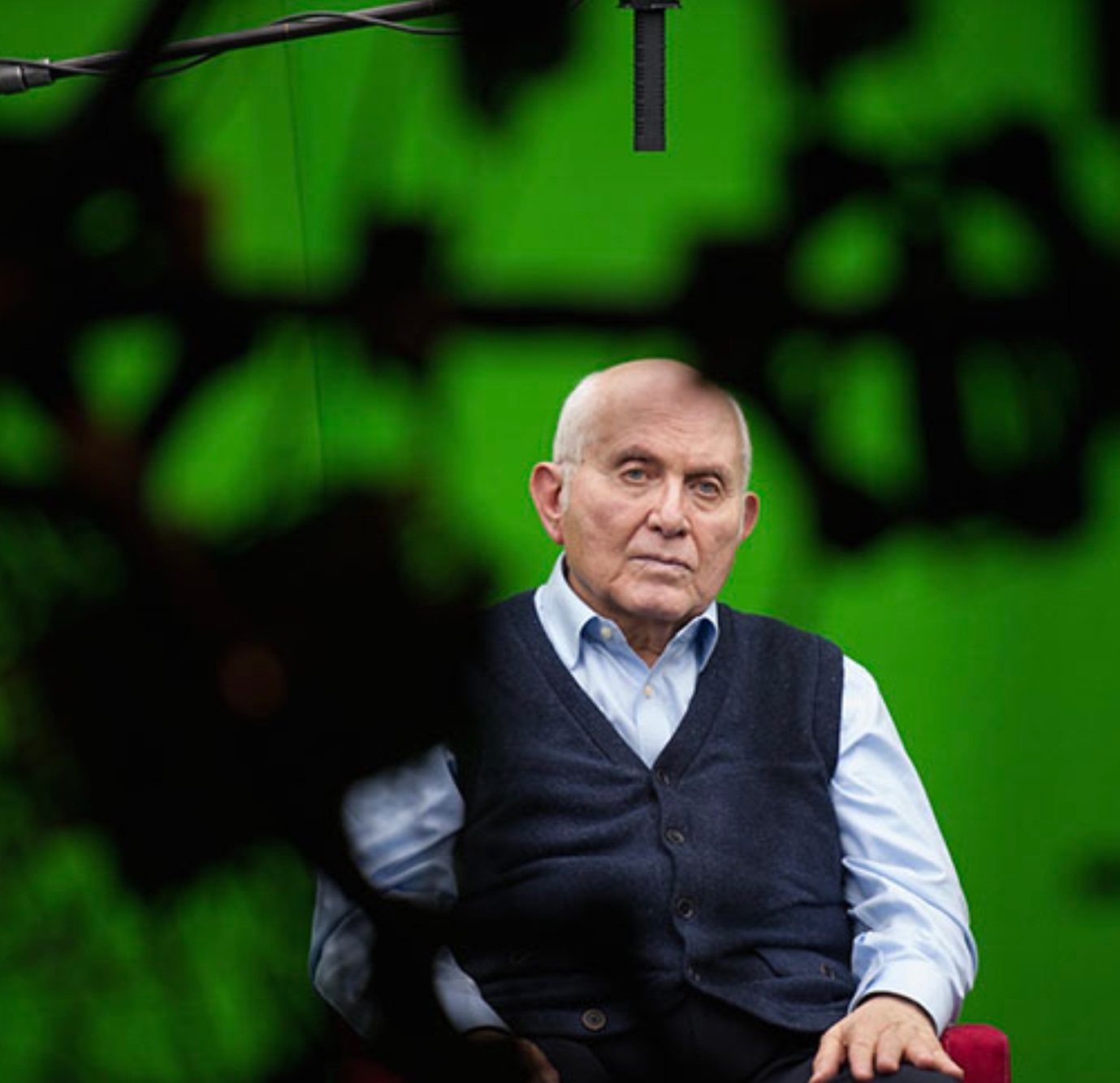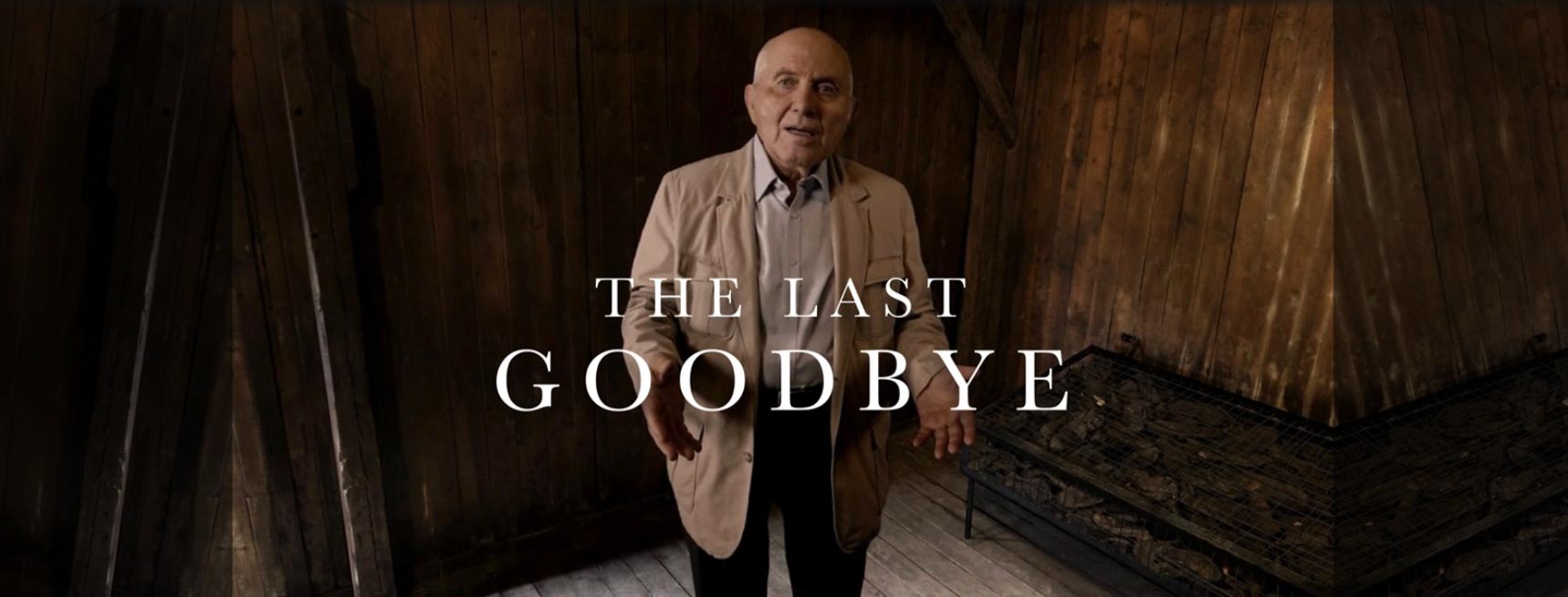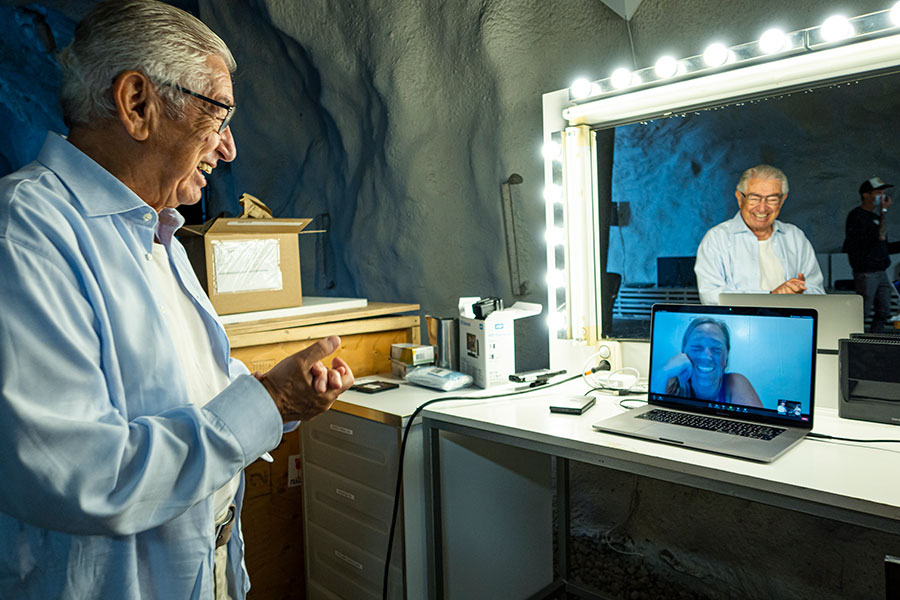Technology News
XR Experience “Inside Kristallnacht” Takes Audiences Through Pivotal Moment in Holocaust History
The USC Shoah Foundation partnered with the Conference on Jewish Material Claims Against Germany (Claims Conference) on the development and launch of Inside Kristallnacht, an innovative mixed-reality…
Thursday, November 7, 2024
Dimensions in Testimony Education Releases Interview with Nuremberg Prosecutor Ben Ferencz
Ben Ferencz, the last remaining prosecutor from the Nuremberg Trials who passed away in Florida earlier this month, gave countless interviews over the course of his illustrious career.
But surely…
Monday, April 17, 2023
Past, Present and Future: Redesigned Visual History Archive to Expand Global Access to Holocaust and Genocide Testimonies
USC President Carol L. Folt and scholars from USC and beyond gathered at the global headquarters of USC Shoah Foundation on November 11 for the public launch of the redesigned Visual History Archive,…
Wednesday, November 9, 2022
Starling Lab and Hala Systems file Cryptographic Submission of Evidence of War Crimes in Ukraine to the International Criminal Court
Legal and technical breakthrough as digital evidence package is registered and preserved on 7 protocols across decentralized web —a first for any court submission in the world.
…
Friday, June 10, 2022
The Starling Lab for Data Integrity Announces Inaugural Starling Journalism Fellows
The Starling Lab for Data Integrity (Starling Lab) today announced its inaugural class of Starling Journalism research fellows. The annual fellowship helps leading journalists from around the world…
Tuesday, March 15, 2022
Dimensions in Testimony in IWitness Pilot in South Africa Draws Praise from Students, Educators—and Interview Subject Pinchas Gutter
"I am so sorry for everything you have been through, but thank you for trying to educate us and make something out of your experience"
"You are better than a war hero, because you survived"
…
Wednesday, February 16, 2022
60 Minutes segment featuring Dimensions in Testimony wins award
The Institute congratulates Lesley Stahl and her 60 Minutes team for winning a 2021 Gracie Award for their segment “Talking to the Past,” which focused on Dimensions in Testimony and featured live as…
Monday, June 21, 2021
USC Shoah Foundation Launches Web-Based Interactive Biography of Holocaust Survivor and Educator Pinchas Gutter on IWitness
The Institute for Visual History and Education (USC Shoah Foundation) has launched ‘Dimensions in Testimony Education’ featuring the interactive biography of Holocaust Survivor and Educator Pinchas…
Monday, April 26, 2021
The Last Goodbye: Now Available on Oculus Rift!
The Last Goodbye virtual reality experience is now available on Oculus Rift.
Four years ago, Pinchas Gutter traveled back to the Majdanek concentration camp in Poland, where he had been imprisoned…
Tuesday, December 8, 2020
USC Shoah Foundation, National Historical Museums in Sweden, and the Institution for Jewish Culture in Sweden Begin Filming Socially Distant Swedish-Language Dimensions in Testimony Interviews
USC Shoah Foundation—working with on-site partners National Historical Museums in Sweden and the Institution for Jewish Culture in Sweden—recently began filming two Swedish-language Dimensions in…
Wednesday, August 26, 2020


